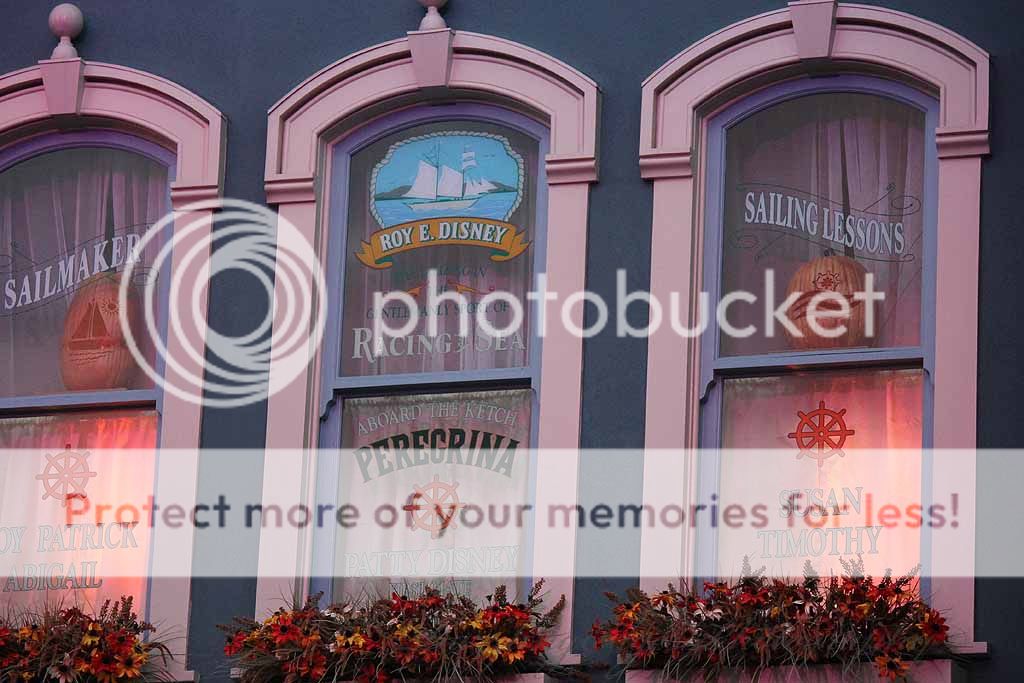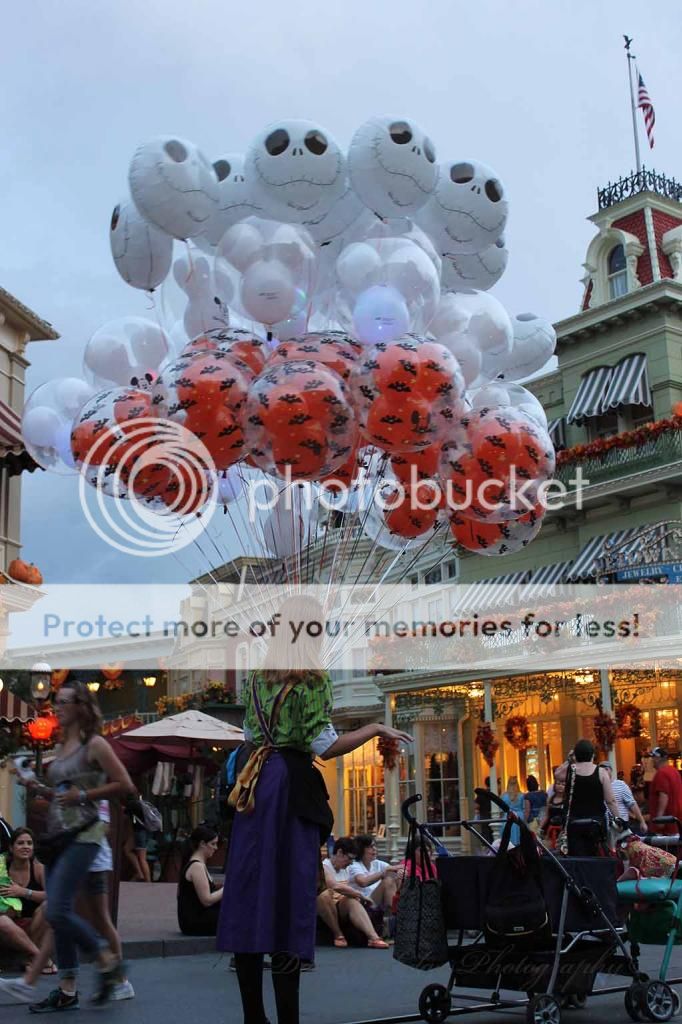I have always just had a point and shoot camera, which has generally been fine for outdoor shots, but of course the problem is indoors. I take a lot of Disney cruises, and I don't have any decent photos from inside the ship, because they are always too dark. I'm thinking once and for all, I'm not going to go on my next cruise with the same old camera.
Can you recommend a camera that would be one step up, something that would work well on an automatic setting until I have time one day to really study its workings? I'm leaving for my next cruise in a week, so I know I won't have much time. I really dislike the idea of lugging a camera bag, but I imagine that is my only option if I want better photos?
Can you recommend a camera that would be one step up, something that would work well on an automatic setting until I have time one day to really study its workings? I'm leaving for my next cruise in a week, so I know I won't have much time. I really dislike the idea of lugging a camera bag, but I imagine that is my only option if I want better photos?


 . Reality is, there is no such thing. You can get a say 18-250 lens which gives you zoom but won't bet very good indoors. Or you can get a good low light lens for indoors (I just took the mentioned Sigma 30mm to Disney and loved it) and an additional zoom lens like the 50-200 - but that means swapping lenses. While the kit lens is a good started lens, I think you might be disappointed with how it performs indoors if you have no knowledge of how to use a DSLR outside of auto mode.
. Reality is, there is no such thing. You can get a say 18-250 lens which gives you zoom but won't bet very good indoors. Or you can get a good low light lens for indoors (I just took the mentioned Sigma 30mm to Disney and loved it) and an additional zoom lens like the 50-200 - but that means swapping lenses. While the kit lens is a good started lens, I think you might be disappointed with how it performs indoors if you have no knowledge of how to use a DSLR outside of auto mode.